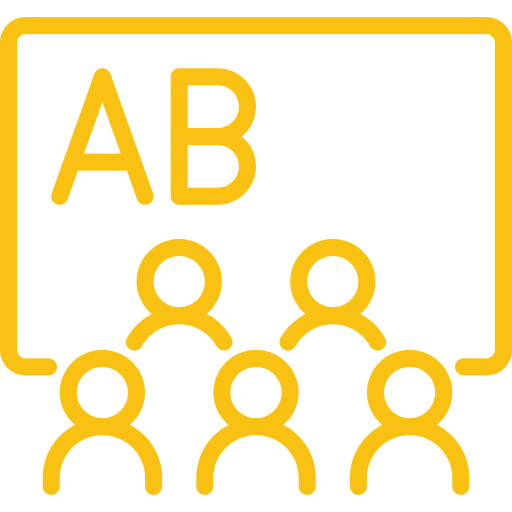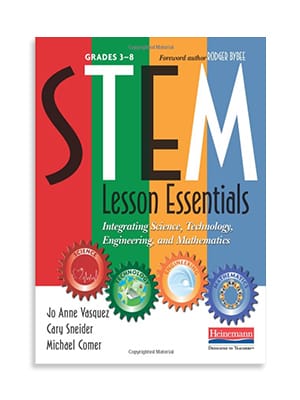MTI 505 – Integrating Your Curriculum with STEM
GRADUATE CREDITS: 3
Textbook:
Vasquez, Jo Anne, Sneider, Cary, Comer, Michael. (2013). STEM Lesson Essentials: Integrating Science, Technology, Engineering, and Mathematics. Portsmouth, NH: Heinemann.
Course Description:
This course is designed to provide the learner with tools and strategies to design integrated, interdisciplinary STEM lessons and units that are both relevant and exciting to your students. STEM in itself is not a curriculum, but rather a way of organizing and delivering instruction by weaving the STEM disciplines together in thoughtful and intentional ways. Rather than teaching the new disciplines in isolation, the engineering and technological practices should be blended into existing lessons in ways that engage the students and help them master 21st century skills.
Learning Outcomes/Competencies:
At the completion of this course, the learner will be able to:
- Gain an understanding of the definition of a STEM education -InTASC 1,2,3
- Develop a vision of STEM literacy-InTASC 3,7,10
- Create and develop principles that lead to effective STEM units-InTASC 4,5,7,8
- Promote questioning and problem solving through STEM practices-InTASC 2,3,7,8
- Evaluate pros and cons for introducing a STEM approach-InTASC 4,5,6,7
- Implement effective assessment practices for summative, diagnostic, and formative purposes-InTASC 6,7,8
- Learn, teach, practice and model strategies that reflect the three approaches to integrating STEM-InTASC 2,3,5,7,8,9
- Create an environment to establish a community of respect and cooperation-InTASC 3,9,10
- Develop strategies to effectively implement PBL units-InTASC 2,3,4,5,7,8
- Differentiate your assessment strategies-InTASC 6,7,8
- Understand the process of creating PBL units-InTASC 4,5
- Gain effective strategies for communicating your STEM approach with parents and community members-InTASC 9,10
Universities, Course Formats & Pricing

Distance Correspondence
Available Anytime
Transcripts:
Available within 1 week of receiving your grade.
Assignments:
- 10 text questions
- 2 applications
- 1 action research project
- 1 essay
- 10 journal entries
Online Self-Paced:
Available Anytime
Transcripts:
Available within 1 week of receiving your grade.
Assignments:
- 5 discussions
- 10 discussion responses
- 2 applications
- 1 action research project
- 1 essay
- 10 journal entries

Distance Correspondence
Available Anytime
Transcripts:
Available within 1 week of receiving your grade.
Assignments:
- 10 text questions
- 2 applications
- 1 action research project
- 1 essay
- 10 journal entries
Online Self-Paced:
Available Anytime
Transcripts:
Available within 1 week of receiving your grade.
Assignments:
- 5 discussions
- 10 discussion responses
- 2 applications
- 1 action research project
- 1 essay
- 10 journal entries

Distance Correspondence
Available Anytime
Transcripts:
Available within 4 weeks of receiving your grade.
Assignments:
- 10 text questions
- 2 applications
- 1 action research project
- 1 essay






















